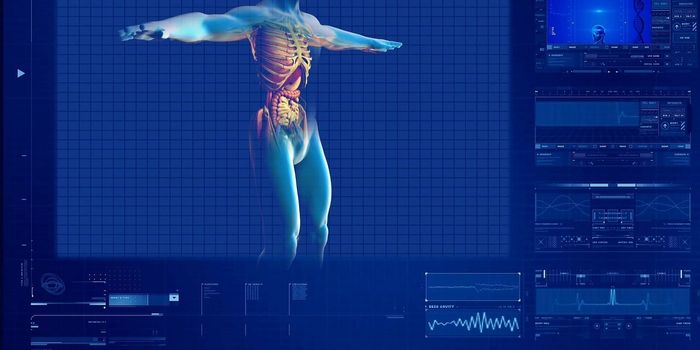A collaboration across 29 research and healthcare agencies is putting together the world’s largest brain tumor dataset to answer the question: could artificial intelligence (AI) detect brain tumors better than doctors can?
The project, led by Intel and Penn Medicine will receive $1.2 million in grant funding over 3 years from the National Institutes of Health (NIH). Diagnostic technologies driven by AI and machine learning have already proven their worth in accurately detecting skin, breast and lung cancers. Lessons learned from these platforms are informing strategies for the next wave of AI diagnostics. Fundamentally, the key to establishing a robust diagnostic platform, with minimal false positives and negatives, is to feed AI enough validated data for it to teach itself the difference between malignant and benign tissues.
Patient data, however, is extremely sensitive and subject to stringent privacy and security measures — making it a challenge for developers to access sufficiently large and robust datasets. To address this, the team is using a method known as federated learning, which uses encrypted data transfer and decentralized servers to securely channell patient data from all the participating centers.
Over 23,000 adults and 3,500 children in the United States will be diagnosed with a brain tumor this year. In brain cancer, masses of abnormal cells, which can be either cancerous or benign, begin to grow. Both can cause severe neurological conditions due to the build up of pressure on sensitive brain tissue. Headaches, blurred vision and memory loss are among some of the early symptoms of this cancer of the nervous system. Although in many cases, the early stages can be completely asymptomatic, with brain tumors being picked up by chance — for example, when a patient gets a scan for a traumatic head injury.
Advanced imaging techniques are allowing physicians to scan the brain with unprecedented clarity and are a source of rich, high-quality data from which to train AI. Rather than replacing human doctors, AI-assisted diagnostics could very well play a central role in physicians' toolbox, giving them the power of insights from big datasets to catch tumors in their patients earlier.
Source: Engaget.









